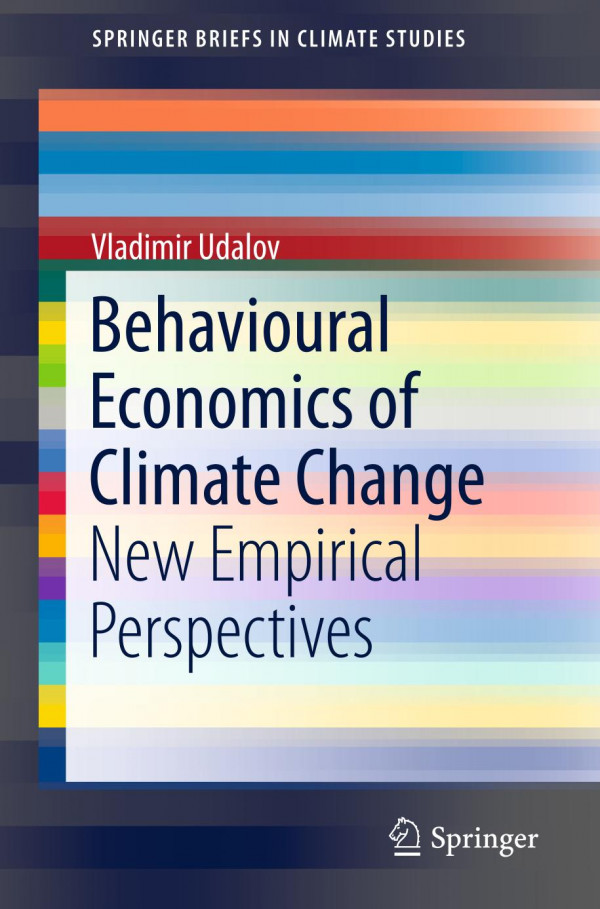

Most ebook files are in PDF format, so you can easily read them using various software such as Foxit Reader or directly on the Google Chrome browser.
Some ebook files are released by publishers in other formats such as .awz, .mobi, .epub, .fb2, etc. You may need to install specific software to read these formats on mobile/PC, such as Calibre.
Please read the tutorial at this link: https://ebookbell.com/faq
We offer FREE conversion to the popular formats you request; however, this may take some time. Therefore, right after payment, please email us, and we will try to provide the service as quickly as possible.
For some exceptional file formats or broken links (if any), please refrain from opening any disputes. Instead, email us first, and we will try to assist within a maximum of 6 hours.
EbookBell Team

5.0
40 reviewsThis book investigates various kinds of climate change mitigation behaviour, which range from a general support of environmental policy to concrete energy-saving activities, in selected countries. Drawing on extensive national and international survey data, the analysis has the following main objectives: to identify potential determinants of individuals’ renewable energy support, and to analyse the impact of experiences with natural disasters on individuals’ choice between economic growth and environmental protection. Moreover, it examines the role of environmental motivations behind direct daily energy-saving behaviour.
The empirical results reveal that various types of climate change mitigation behaviour are not only driven by a mixture of environmental and non-environmental/economic motivations but also depend on external circumstances such as natural disasters. Since CO2 emission dynamics stem to some extent from the choices people make every day in their roles as consumers, investors and citizens, the new findings presented are also valuable from a policy perspective.